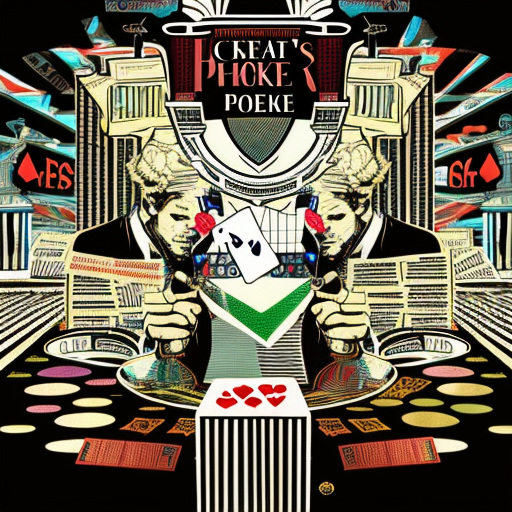One-line summary: “Liar’s Poker” is a captivating memoir by Michael Lewis that provides a behind-the-scenes look at the cutthroat world of Wall Street in the 1980s.
The Birth of a Bond Trader
In “Liar’s Poker,” Michael Lewis takes readers on a thrilling journey through his time as a bond salesman at Salomon Brothers, one of Wall Street’s most influential investment banks. The book begins with Lewis’s arrival at Salomon Brothers in the mid-1980s, a time when the financial industry was undergoing significant changes. Lewis, a young and ambitious Princeton graduate, quickly finds himself immersed in the high-stakes world of bond trading.
At Salomon Brothers, Lewis encounters a culture driven by greed, ego, and an insatiable appetite for risk. He describes the chaotic and testosterone-fueled atmosphere of the trading floor, where traders engage in fierce battles to secure profitable deals. Lewis’s witty and engaging writing style brings to life the colorful characters he encounters, including his mentor, the larger-than-life bond trader, John Gutfreund.
The Rise of Mortgage-Backed Securities
One of the key themes in “Liar’s Poker” is the emergence of mortgage-backed securities (MBS) as a new financial instrument that would eventually reshape the financial landscape. Lewis explains how Salomon Brothers played a pivotal role in the creation and popularization of MBS, which allowed banks to bundle mortgages into tradable securities.
As Lewis delves deeper into the world of MBS, he uncovers the flaws and risks associated with these complex financial products. He exposes the lack of transparency and the culture of deception that permeated the industry. Lewis’s firsthand experiences shed light on the reckless behavior and disregard for ethical practices that ultimately led to the financial crisis of 2008.
The Fall of Salomon Brothers
In the final section of the book, Lewis chronicles the downfall of Salomon Brothers and the end of an era. As the firm’s appetite for risk grows, it becomes entangled in a scandal involving the illegal manipulation of the U.S. Treasury bond market. The revelation of these unethical practices leads to the resignation of Gutfreund and the dismantling of Salomon Brothers as an independent entity.
Throughout “Liar’s Poker,” Lewis exposes the dark underbelly of Wall Street, highlighting the greed, excess, and lack of accountability that characterized the financial industry in the 1980s. His memoir serves as a cautionary tale, warning against the dangers of unchecked ambition and the pursuit of short-term gains at the expense of long-term stability.
- Key Takeaways:
- The financial industry of the 1980s was driven by greed, ego, and an insatiable appetite for risk.
- Mortgage-backed securities played a significant role in reshaping the financial landscape but also contributed to the 2008 financial crisis.
- The lack of transparency and ethical practices in the industry led to the downfall of Salomon Brothers and the end of an era.
“The bond market is the most efficient market in the world, and by that I mean it’s the most ruthless. It’s the place where the best and the brightest go to get rich, and where the worst and the dimmest go to die.”
In conclusion, “Liar’s Poker” offers readers a captivating and eye-opening account of the cutthroat world of Wall Street in the 1980s. Through his personal experiences, Lewis exposes the flaws and excesses of the financial industry, providing valuable insights into the culture of greed and risk-taking that continue to shape the world of finance today.












